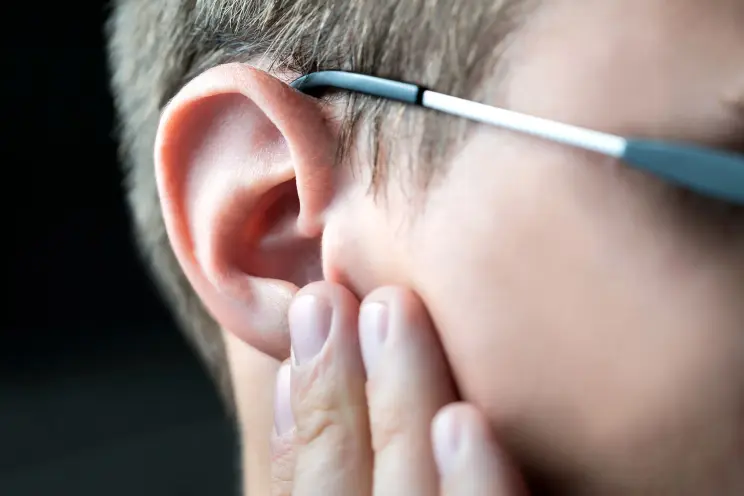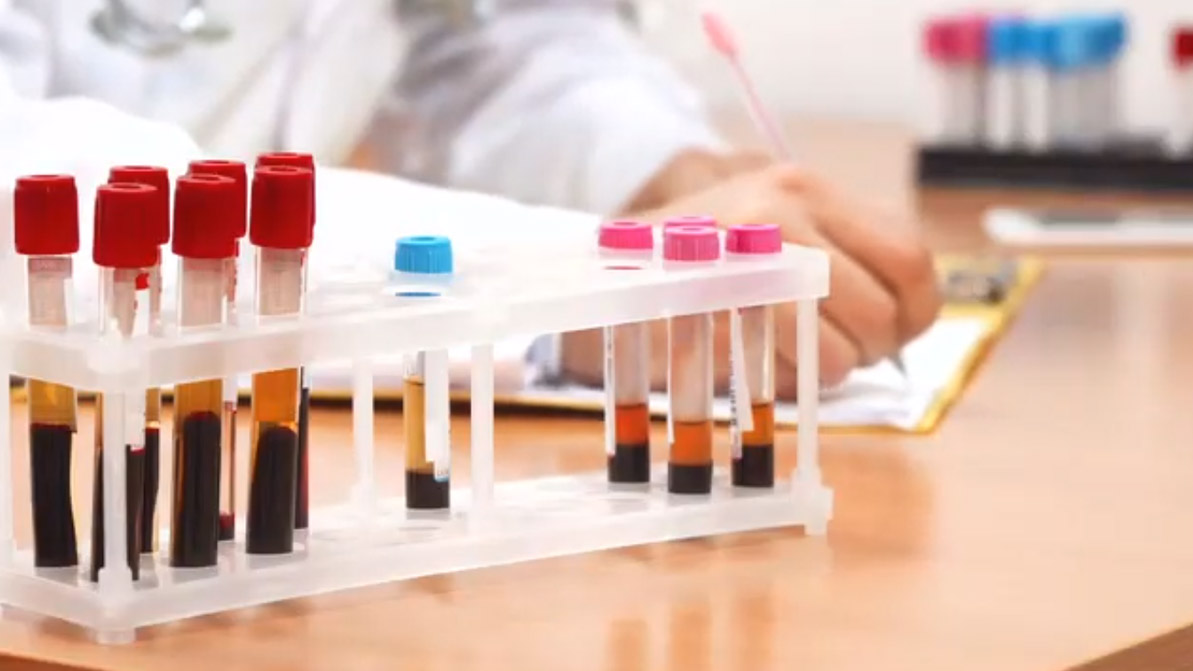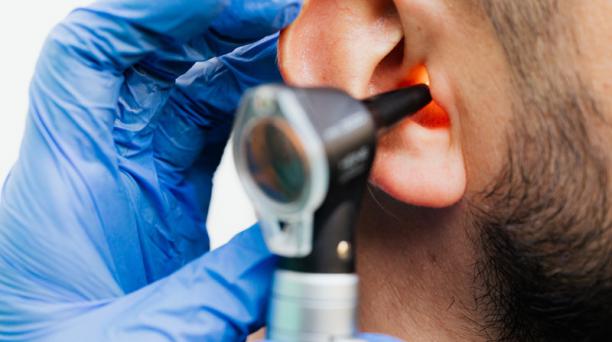I thought I didn’t have a lot on, but working up disaster scenarios in my head – from the US election to the pandemic – is the closest I have come to a full-time job
‘I am as worried about the dog’s T-shirt being too small as I am about all the Argos closures.
The first Wednesday in November is national stress awareness day. This year, that was the day after the US elections – a sick joke that the organisers probably didn’t appreciate, being too busy taking a bath and exercising. It fell in the middle of a week dedicated internationally to stress awareness, which ends today, so you should feel free to go back to the way you were before: highly stressed, but oblivious to it. If you want to remain aware, the best way to measure cortisol, the primary stress hormone, is by analysing your earwax, according to a study from University College London’s Institute of Cognitive Neuroscience. Alternatively, you could count the unbelievably stupid things you have done over the week.
Stress is usually considered an internal state – something amiss in your mind that the outside world can perceive only by a slight squeak to your voice. (You might also get a stress headache, but only in an advert.) Really, though, it is where the internal meets the external that the problems start. Distraction, absent-mindedness: none of this would matter if you hadn’t also put your phone in the fridge and your wallet in the bin and set loose a cascade of errors to which catastrophic lateness for everything is the background music.
Stress-busting life tips always involve taking some me-time to meditate or to properly taste a raisin; even breathing deeply is quite time-consuming if you do it right. This is where the relaxation wise guys have missed the point. If you had time to take a bath when you are not even dirty, there wouldn’t be 15 things you were supposed to do yesterday. It is like producing a 10-point plan to beat depression that starts: “Cheer up,” and finishes: “Just cheer the hell up, OK?”
We should all be less stressed in a lockdown because of the acres of time, but this is offset by the pile-up of financial and health worries. I thought I didn’t have a lot on, but it turns out that working up disaster scenarios in my head and talking myself down is the closest I have come to a full-time job. That is fine – that just makes me normal. The Office for National Statistics fretted in August that 85% of people had found 2020 very stressful, but I would be much more concerned about the 15% who haven’t, because something inside them – let’s call it the will to survive – has evidently died.
What bugs me is that I can’t prioritise. I am as worried about the dog’s T-shirt being too small as I am about all the Argos closures; as worried about the decline of western civilisation as I am about what will happen at Christmas. I have lost that helpful human delusion that some things are too far away to worry about. When the future is uncertain, all calamities seem equally proximate. Yesterday, I was maundering on about what might happen in the 2024 US election. Today, my pendulum is swinging between runaway climate breakdown and something I don’t want to do on Friday night.
I miss saying: “It’ll be fine,” or, when things look really serious: “I’m sure it’ll be fine.” Sometimes it sounded a little optimistic. Now it sounds sarcastic. I miss the day when, noodling about on the internet, I read that anxious people should set aside a 30-minute worry window and condense all their negative thoughts into it. I thought to myself that half an hour sounded like a really long time and that I could cover the ground in five minutes. Ha.
Talking about stress gets you only so far. Its root causes are either petty, which means I am an idiot, or they are monumentally serious, in which case I am still an idiot, but also powerless.
Probably the most salient data on stress comes not from earwax, but from the Whitehall study of 1967. It measured the mortality rates of civil servants and discovered, in a roundabout fashion that ascribed cardiovascular disease to workplace stress, that it was more stressful to have little or no responsibility than it was to have a lot. Back in the days when we used to meet each other at events and have intoxicating, circular discussions about pay differentials, the Whitehall study was often used to rebut the idea that CEOs deserve to be paid 148 times as much as cleaners, because their job took more out of them. Decision-making is not tough, it is fun; if you want to know what tough looks like, try being a security guard who will get in trouble for using a pen of the wrong colour. It was a good, solid argument that didn’t have much cut-through, because the CEOs were never in the room – they were elsewhere, making their fun decisions.
Essentially, we have been transported by circumstance to the lowest rank of the 60s civil service, impotent in front of a set of imponderables, beset by conflicting orders from a distant, unaccountable authority, reprimanded for using the wrong-coloured pen when there is no right colour. How do you retake your own agency in a situation like this? You can’t, really, but complaining about the government – and having so very many things to complain about – does seem to help.
- The headline of this article was amended on 6 November 2020 to clarify that this is an opinion column and not a guide to stress management.
The free press is under attack from multiple forces. Media outlets are closing their doors, victims to a broken business model. In much of the world, journalism is morphing into propaganda, as governments dictate what can and can’t be printed. In the last year alone, hundreds of reporters have been killed or imprisoned for doing their jobs. The UN reports that 85% of the world’s population experienced a decline in press freedom in their country in recent years.
As you join us today from India we hope you will consider supporting us in our efforts to do something about this. Despite the financial challenges plaguing the media industry, we’ve decided to keep our journalism paywall-free, because we believe everyone has the right to high-quality, fact-checked reporting. And we maintain our independence thanks to generosity from readers all over the world, who understand that supporting the free press is an investment in an informed and empowered public.
Unlike many others, we have no billionaire owner – this helps us maintain the freedom to fearlessly chase the truth and report it with integrity. Your support will allow us to continue to work with trademark determination and passion to bring you journalism that’s always free from commercial or political interference.
Help power the Guardian’s reporting for the years to come, whether with a small sum or a larger one. If you can, please support us on a monthly basis from just $2. It takes less than a minute to set up, and you can rest assured that you’re making a big impact every single month in support of open, independent journalism. Thank you.








